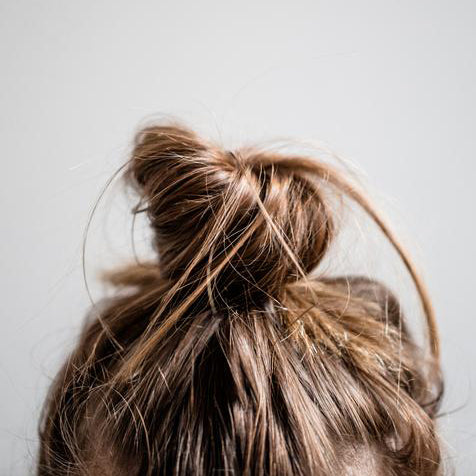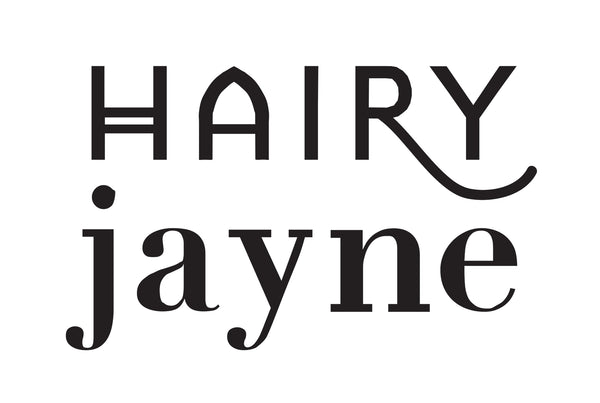
3 tips that reduce how often you need to wash your oily hair
If you have an oily scalp and, in turn, oily hair, you probably wish it wouldn’t get greasy quite so quickly. People with ‘normal’ hair (that’s not really dry or oily) have the luxury of washing their hair whenever they feel like it. But if you tend to have a greasy scalp more often than not, you probably feel like you need to wash your hair every day.
Why break the habit of frequent hair washing?
Let's face it, washing your hair can be a right pain in the proverbial. Especially if you have the type of hair that doesn't like being washed. The type of hair that goes too puffy, or takes way too long to dry or if the colour you paid good money for fades way too fast.
Plus, over-washing oily hair just gets you into an endless cycle. Removing too much of the natural oils (sebum) on an oily scalp freaks it out and causes it to produce even more sebum. Which freaks YOU out and makes you wash your hair even more. And then you’re caught in the cycle of daily hair washing.
How to break the cycle of frequent hair washing
Here are 3 easy ways of breaking the cycle. It will require patience and determination, but I know you can do it. It’s just about forming new habits. Instead of just stepping into the shower and grabbing the shampoo every day, for and easy life, try to do these things and your routine will change for the better.
And your hair will be super happy and healthy.
1. Get your head around the idea of your hair needing some oil
Sebum has been touted over the years as something that needs to be cleansed from your body and washed away. This is true of EXCESS sebum. But actually if you stop stripping it away and switch to milder (sulphate free) products, your hair will thank you for it.
Because sebum is a natural oil, produced by your body, that forms a protective barrier against water evaporation. Meaning it moisturises your hair. It’s good for your hair. But you can have too much of a good thing, and it’s the EXCESS sebum that’s causing problems with how your hair acts and feels. Removing it all of it at once just leads to your body to overcompensating and making more, so using products that leave acceptable levels of oil on your scalp help keep it all in balance.
2. Be patient with your hair
Getting through the process of switching to milder products and allowing your body to adjust does take a bit of time. There will be a transition period. There will be good hair days and bad hair days. Sorry if you have short hair. If you don’t, you always have the messy bun to fall back on.
Over time, reduce the number of washes per week. If you’re starting with an every day washing schedule, start by changing to every other day and do that for at least a fortnight. Then do every 3rd day, again for a fortnight. Going from every day to once a week right at the beginning won’t work, it has to be gradual to form the habit and let your body adjust.
3. Good products can help you break the cycle
More good news – dry shampoo and hair perfume will get you through the non-wash days. Dry shampoo goes on the scalp and gently removes excess oil and dirt. (It shampoo doesn’t count as a 'proper' shampoo in this as it is pretty mild. But like anything, it’s best to use it in moderation). Our hair perfume works on the ends. It freshens hair up, calms any frizz and adds a bit of shine. (Plus, If you like to heat style your second-day hair to get it back to it's former not-slept-on glory, you're in luck because it has heat protector in it, too).
And finally, on the wash days, use a sulphate free shampoo. Sulphates, which are the detergents in shampoos, are usually very harsh cleansers so will strip away too much sebum. A sulphate free shampoo will clarify the scalp just enough to leave some of the beneficial oil behind to balance the scalp and protect the hair. Their non-stripping nature means they are great for coloured hair too.
And finally
Don't forget that your hair may go through phases of being greasy. This can be linked to hormones (remember puberty?), diet and ageing. Changes in sebum production usually come from inside your body, not outside influences, so if your oil production seems very extreme, it might be worth seeking medical advice.
